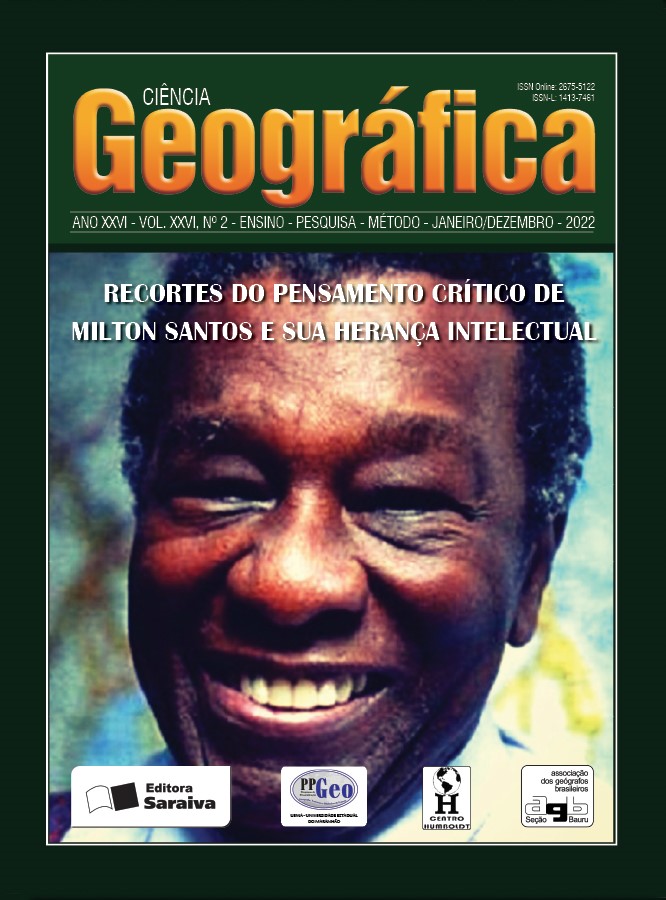LA GEOPOLÍTICA EUROASIÁTICA FRENTE AL IMPERIALISMO. CHINA, ESTADOS UNIDOS, RUSIA Y MEDIO ORIENTE (SIGLO XXI)
Palavras-chave:
Geopolítica. Imperialismo. Subimperialismo.Resumo
En el presente trabajo jerarquizaremos varias aristas de la geopolítica, ubicando la estrategia estadounidense, en lo concerniente al Medio Oriente y el nuevo imperialismo frente a su contracara, el ascenso de China. Ambos disputan la hegemonía mundial, para lo que Rusia resulta crucial. La región de Asia sudoccidental trastoca en un escenario de disputa efectivo. China hilvana la economía en un despliegue geográfico, mientras EE.UU. buscó imponer su poderío (Libia, Iraq, Afganistán, más las intervenciones en Siria y Yemen; Israel y Palestina; los kurdos o Hezbolla). Además de Rusia, el balance hegemónico lo nivelan las potencias regionales y las rebeliones populares. Examinaremos el rol de Turquía e Irán potencias subimperialistas, Israel coimperial y también Arabia Saudita. Asimismo, estos dirimen sus diferencias en terceros países, sin enfrentarse directamente – como las superpotencias. Los cambios regionales, van en consonancia, e incluso pueden anticipar, los producidos en el sistema mundial.


